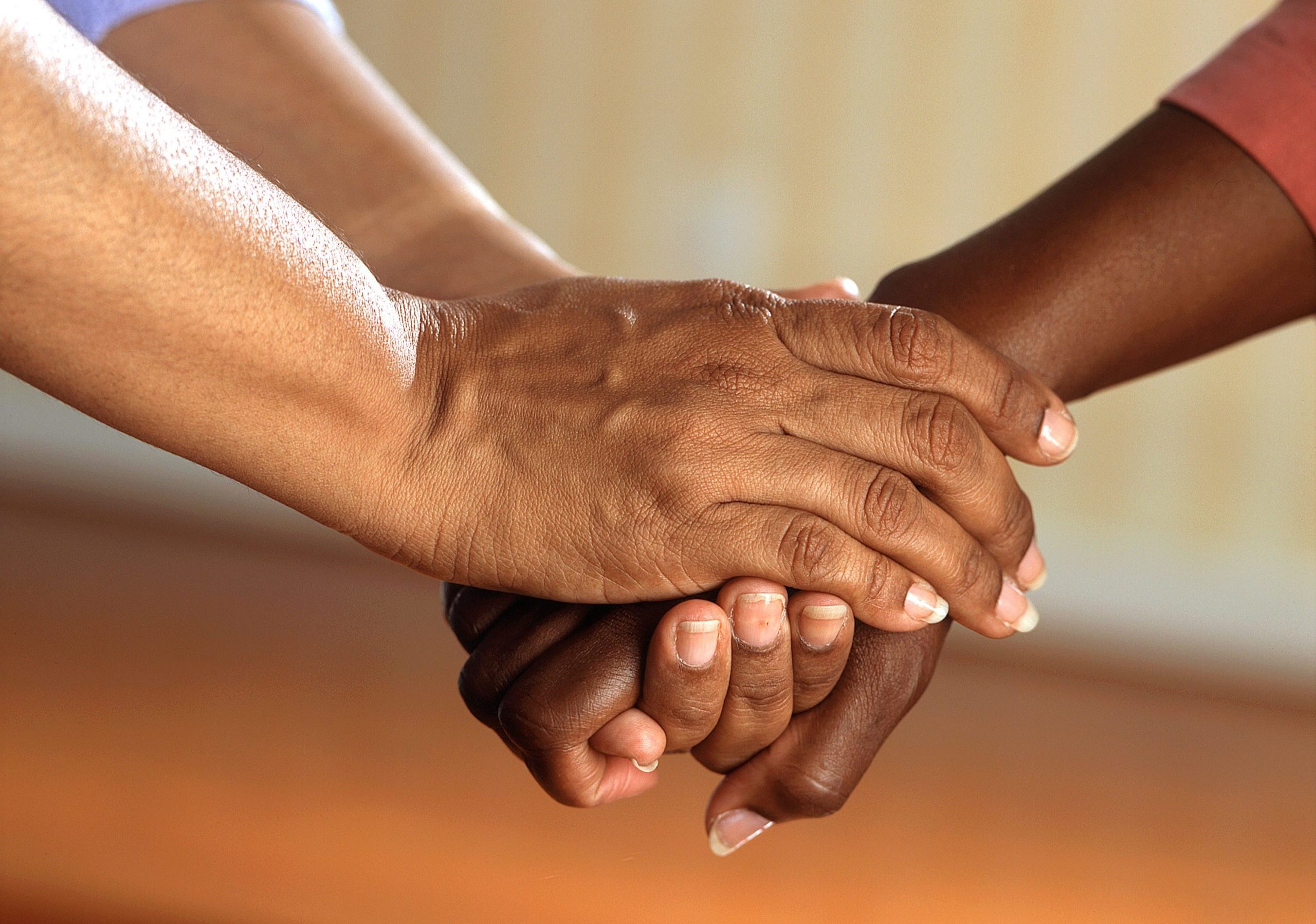What To Do When You’re Feeling Hopeless or Thinking About Suicide

Sometimes we experience so much pain, loss, or numbness that we start to feel hopeless—like there is no way out of how we’re feeling. When we feel hopeless or overwhelmed, we may start to have thoughts of suicide. Suicidal thoughts are temporary, and with the right treatment and support you can begin to feel so much better—even hopeful. You’ve come to the right place to find out how.
If you or someone you know is experiencing suicidal thoughts:
- Text HOME to 741-741 for a free, confidential conversation with a trained counselor any time of day.
- Text or call 988 or use the chat function at 988lifeline.org.
- If this is a medical emergency or there is immediate danger of harm, call 911 and explain that you need support for a mental health crisis.
What Hopelessness Feels Like
- Thinking or saying that things will never improve. It may include thoughts such as:
- “This will never get better.”
- “No one can help me.”
- “I feel like giving up.”
- “It’s too late now.”
- Making negative experiences bigger. For example, if you fail a test at school and then think of yourself as a failure as opposed to focusing on the fact that you failed one test.
- Ignoring positive feelings or experiences. In the test example, maybe you’ve had a lot of success in the class, but you can’t tap into those feelings of accomplishment. Instead, the one bad test makes the whole experience feel bad.
- Imagining the worst-case scenario. Experts call this “catastrophizing,” and it means when something bad happens—let’s stick with the test example—you imagine the worst thing that could happen as a result: “I failed the test, so I am going to fail out of school.”
- Not being interested in activities or events that once brought you joy.
- Feeling isolated and alone, or pulling away from friends and family.
- Blaming yourself for how you feel or believing that somehow the challenges you are experiencing are your fault.
Find out more about hopelessness and how you can feel better.
What Suicidal Thoughts Feel Like
Suicidal thoughts can range from passing thoughts about death (such as wondering what it feels like to die or thinking, “What if I just went to sleep and didn’t wake up?”) to specific plans about suicide (such as thinking about how and when you might end your life). Passing thoughts of suicide can get worse if you don’t get support for them. If you are struggling with any of the below feelings or behaviors, it is time to reach out.
- Feeling disconnected from others or withdrawing from friends and family.
- Feeling trapped in an intolerable situation.
- Feeling like a burden to others or telling others they would be better off without you.
- Thinking, talking, or posting online about death or violence.
It’s Time to Take Action and Feel Better
Telling someone you are having thoughts about suicide is a brave act, and it can be difficult to do. Sharing your feelings is important, though, because it is the first step toward finding help. If you feel suicidal, you are likely feeling hopeless or helpless. Connecting with someone and sharing your feelings can help you feel supported and give you hope. It can be a huge relief to share your feelings, because it means you no longer have to struggle alone.
To hear from other young people who have been where you are now and found their way forward, check out It’s OK to Say Suicide.
Visit JED’s Suicide Resource Center to find out everything you need to know to get help or help someone else.






